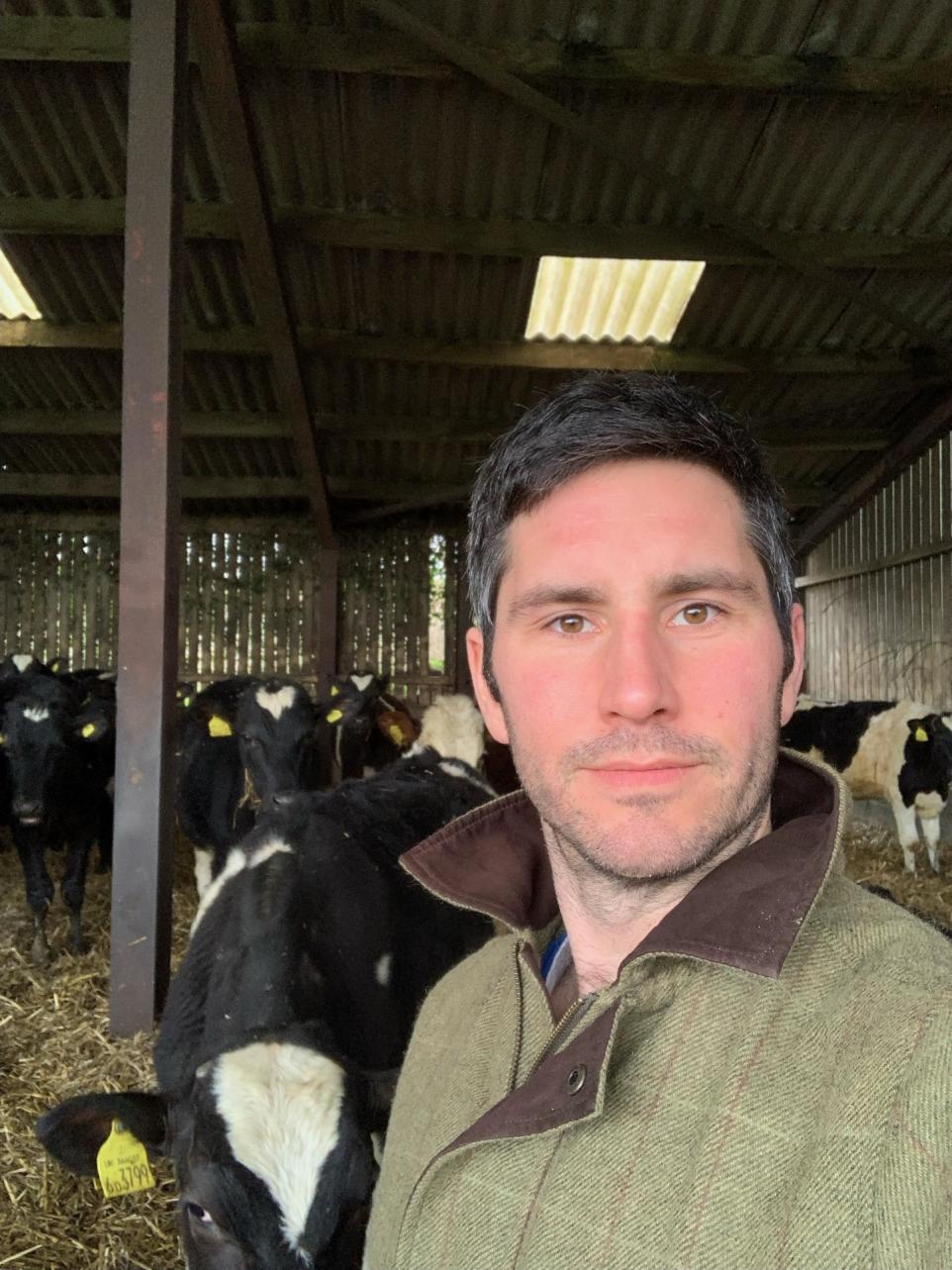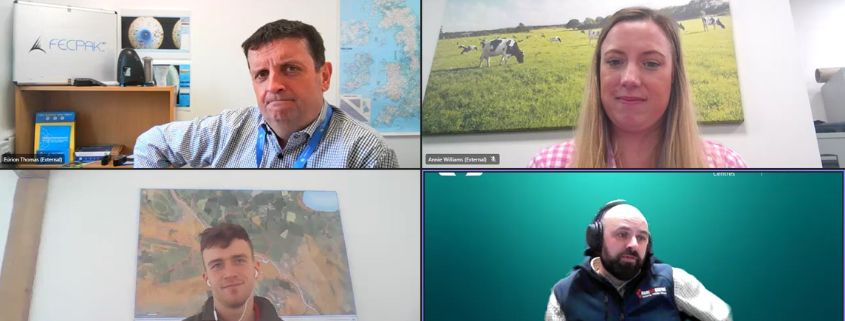Agri-EPI Centre is supporting the world’s first advanced training centre in agri-food robotics launched by the University of Lincoln, UK, in collaboration with the University of Cambridge and the University of East Anglia.
The new Centre for Doctoral Training (CDT) for agri-food robotics will create the largest ever cohort of Robotics and Autonomous Systems (RAS) specialists for the global food and farming sectors, thanks to a multi-million pound funding award.
The Engineering and Physical Sciences Research Council (EPSRC) has awarded £6.6m for the new Centre which will see a massive influx of high-level robotics expertise at a vital time for the agri-food industry.
The CDT will provide funding and training for at least 50 doctoral students, who will be supported by major industry partners and specialise in areas such as autonomous mobility in challenging environments, the harvesting of agricultural crops, soft robotics for handling delicate food products, and ‘co-bots’ for maintaining safe human-robot collaboration and interaction in farms and factories.
Agri-EPI Centre’s role will be to facilitate students’ access to its industry and academic partners.
Agri-food robotics
Professor Tom Duckett, Professor of Robotics and Autonomous Systems at Lincoln, is the new Centre Director. He said:
“Automation and robotics technologies are set to transform global industries – within the UK alone they will add £183bn to the economy over the next decade. Agri-food is the largest manufacturing sector in the UK – twice the scale of automotive and aerospace combined – supporting a food chain, from farm to fork, which generates a Global Value Added (GVA) of £108bn, with 3.9m employees in a truly international industry.
“However, the global food chain is under pressure from population growth, climate change, political pressures affecting migration, population drift from rural to urban regions, and the demographics of an ageing population in advanced economies. Addressing these challenges requires a new generation of highly skilled RAS researchers and leaders, and our new CDT will be dedicated to delivering those expertise. It will be a real focal point for robotics innovation in the UK.”
Agri-EPI Centre Chief Executive Dave Ross said:
“This exciting project has strong synergies with our existing academic partners and will help greatly in the development of advanced robotic and engineering technologies for the agri-food sector. Our consultation with industry continuously indicates that there is a critical shortage of highly trained robotics and autonomous system engineers to meet future anticipated demand. The PhDs resulting from this project will have a significant impact. We look forward to connecting the students with our wider industry and academic partners for mutual benefit.”
Read the full press release from the University of Lincoln.
Stay informed
Keep up to date with the latest impact and results of our work, plus, news, innovation and approaches across the sector. Read our latest news and Agri-EPI blogs.




